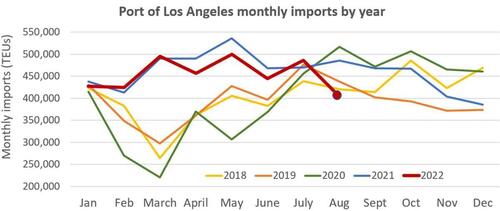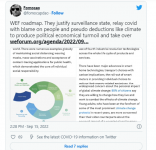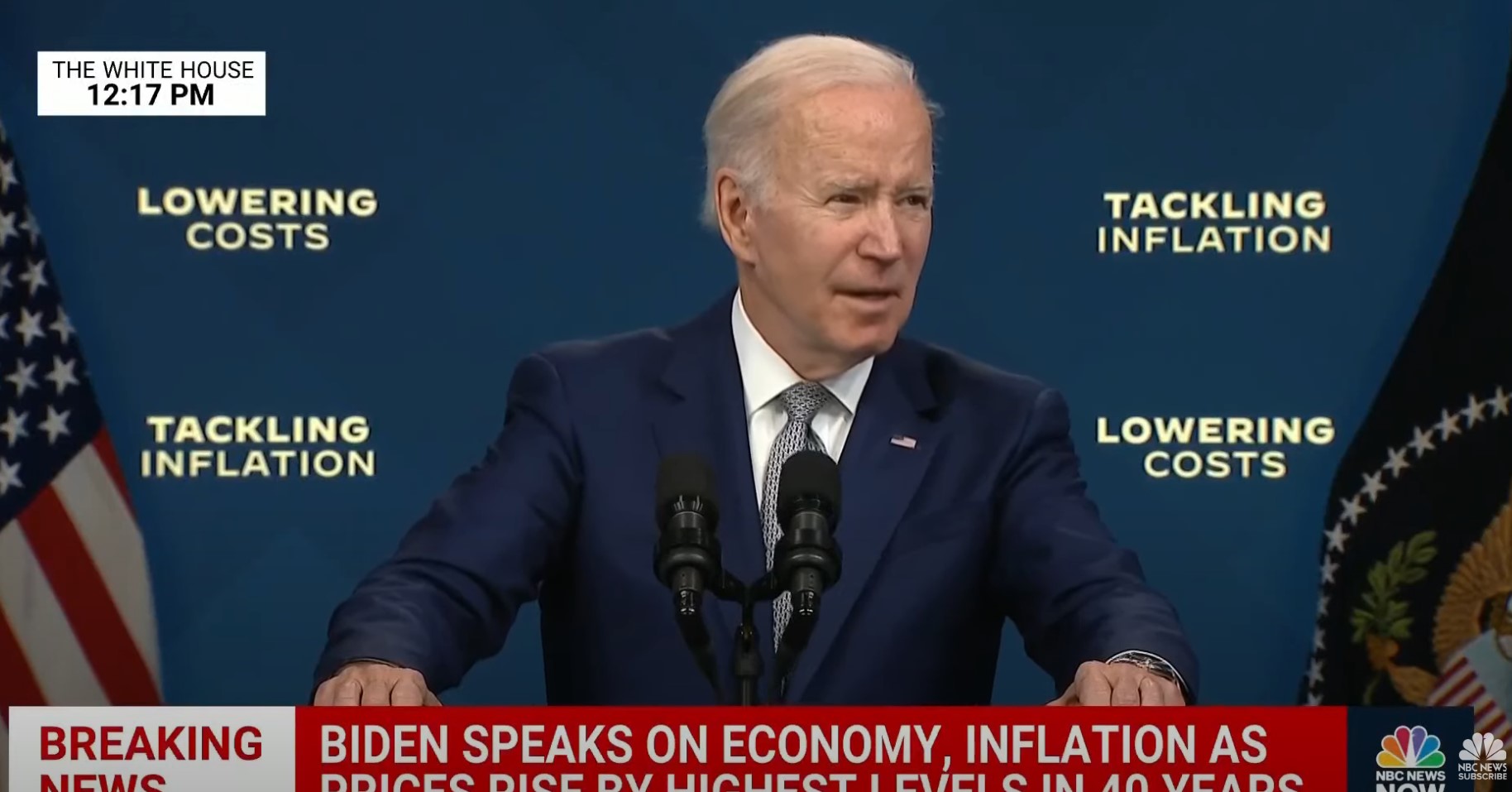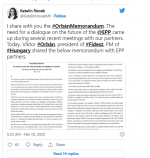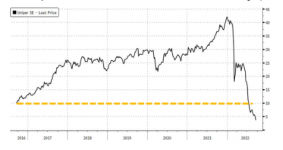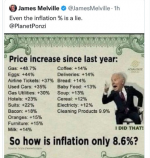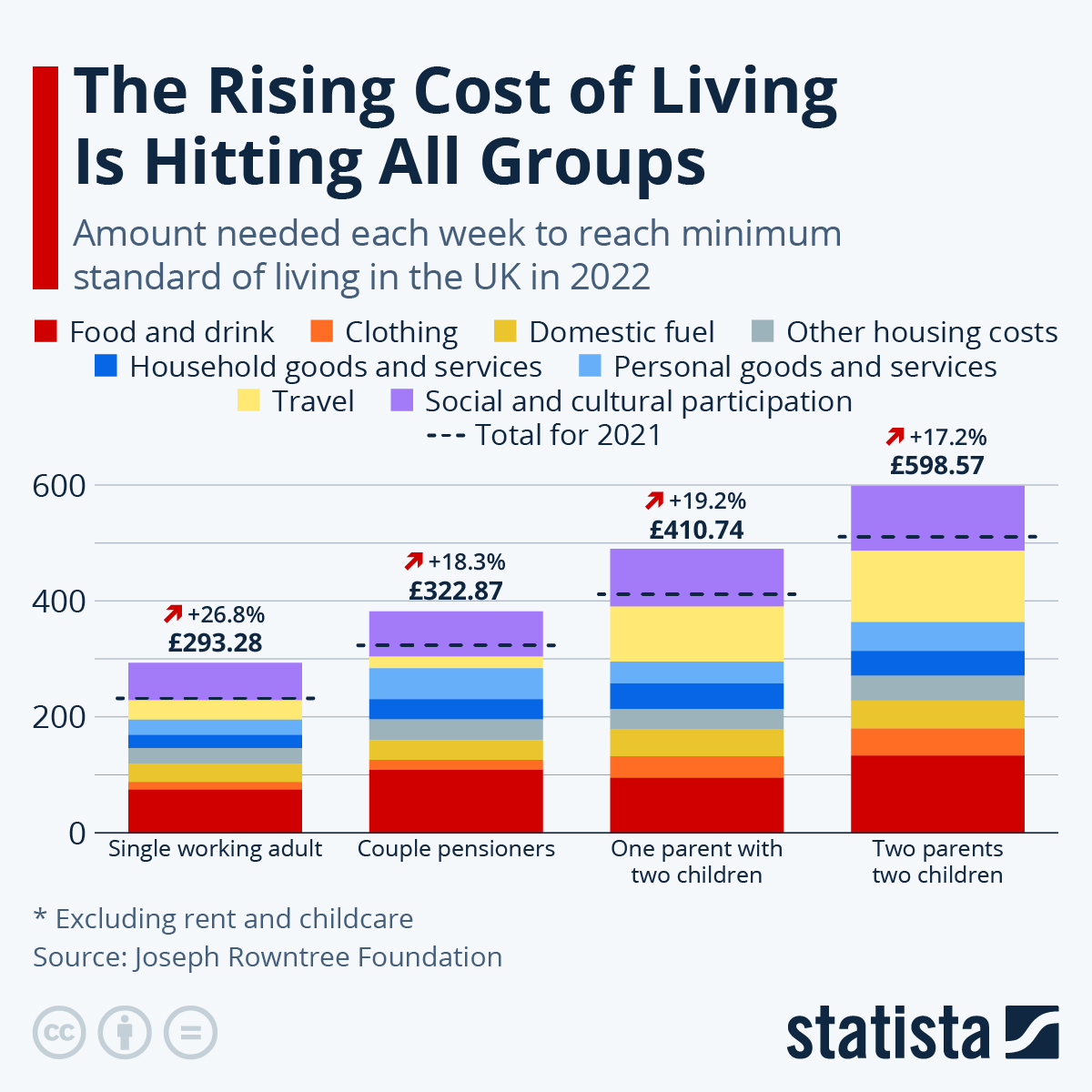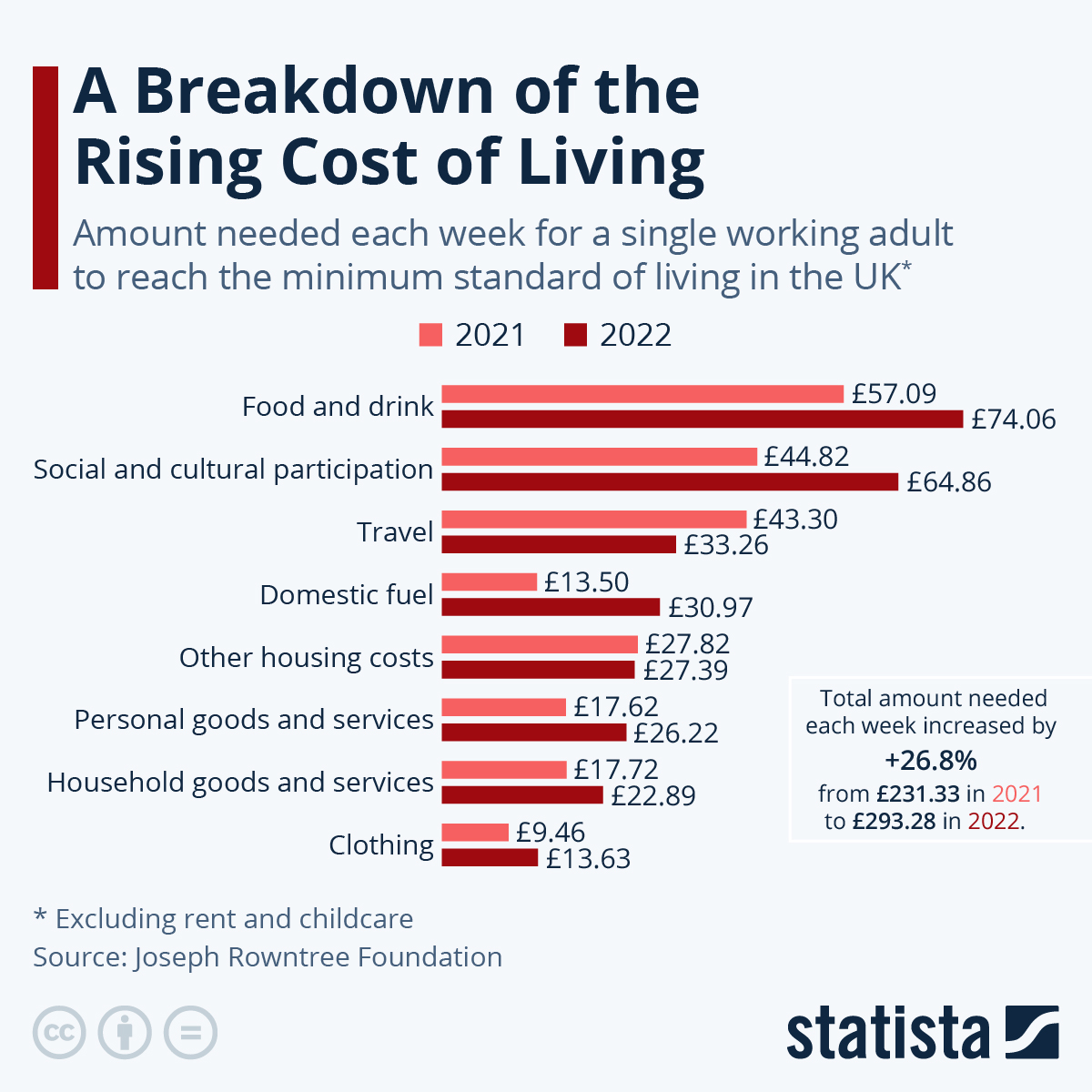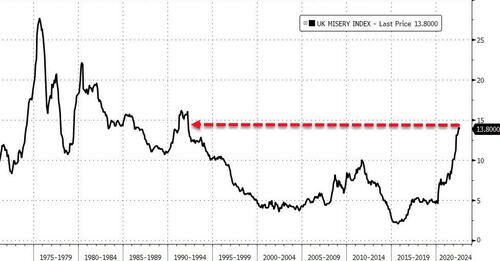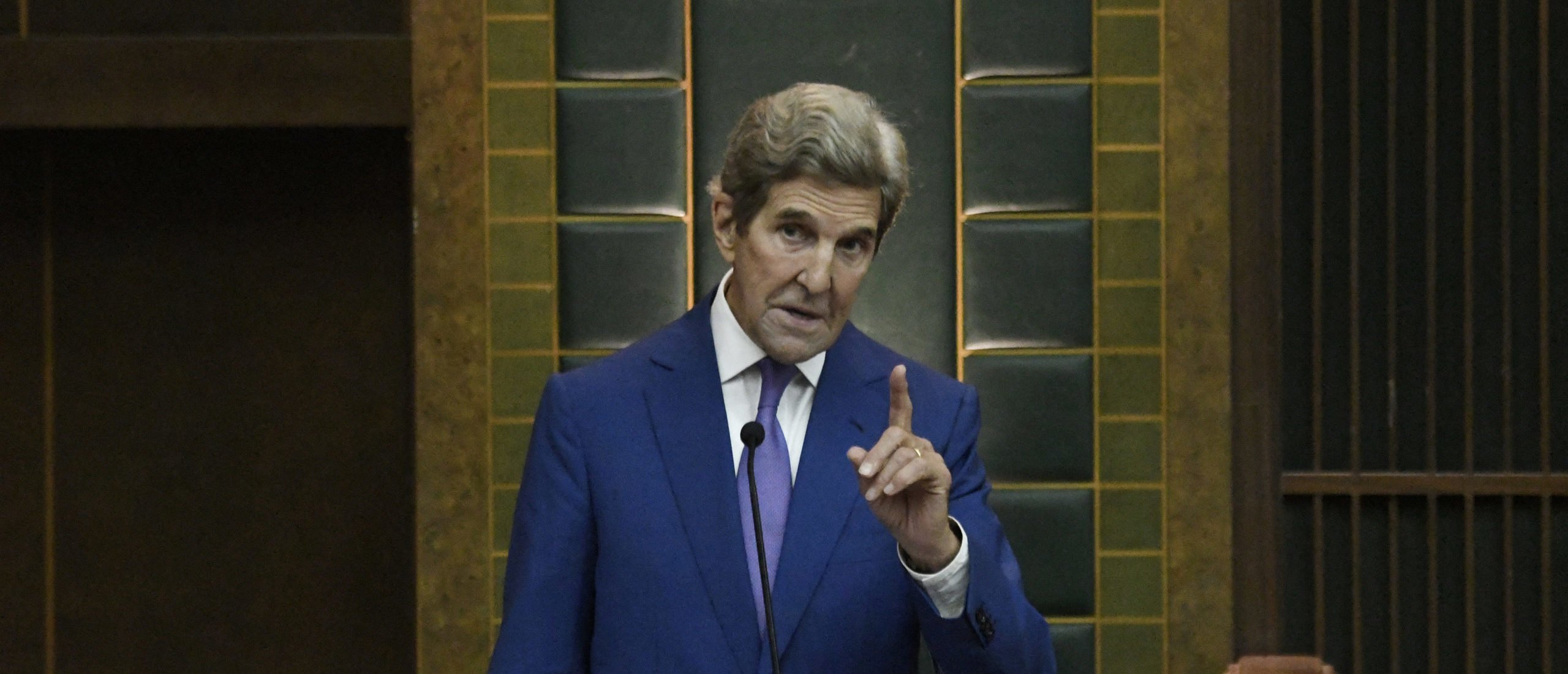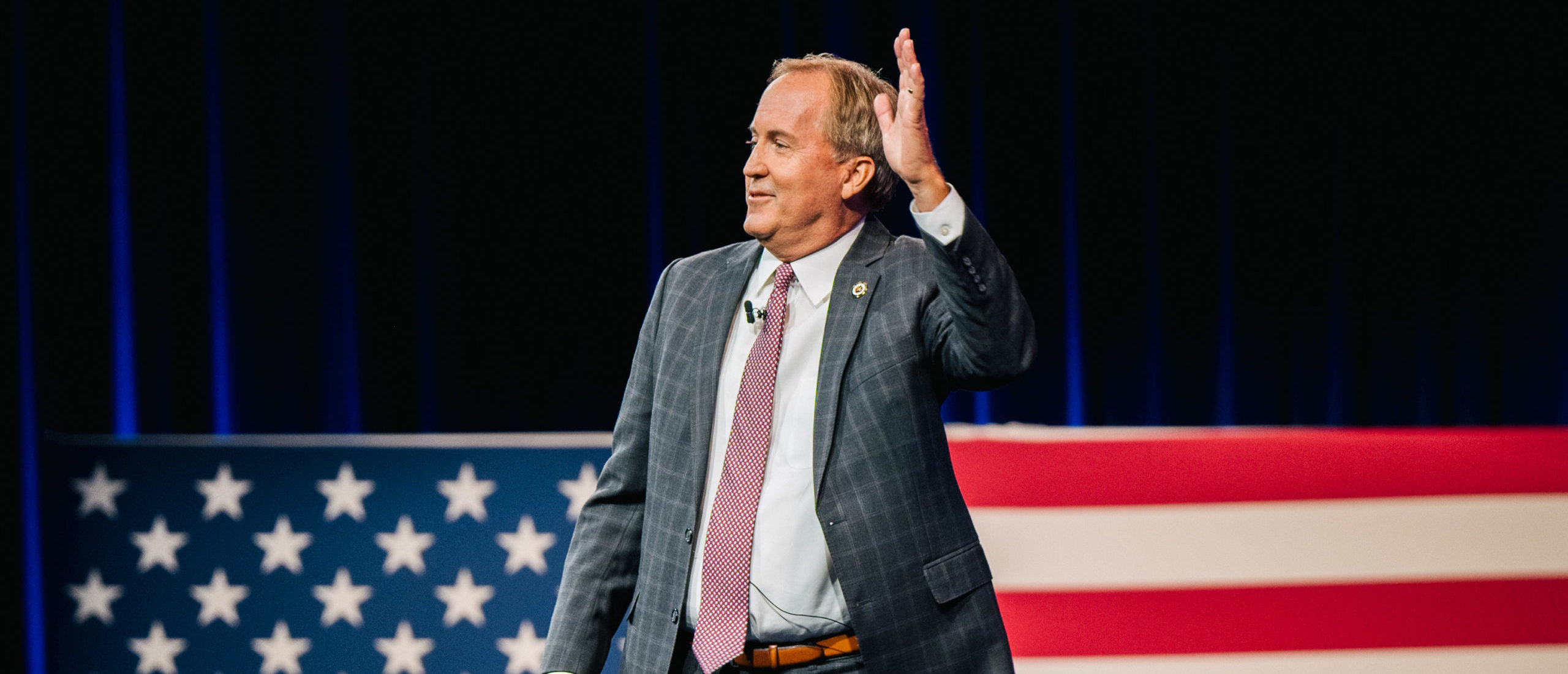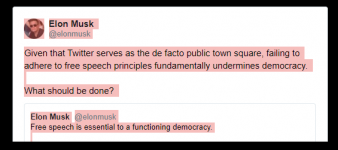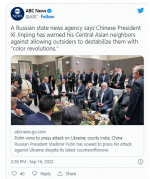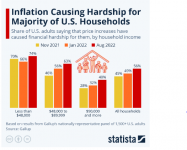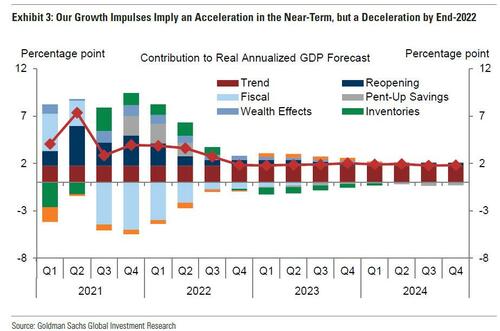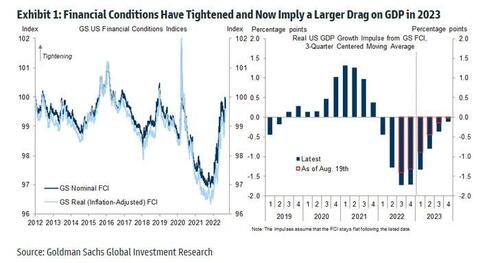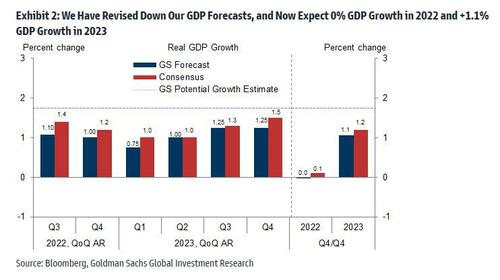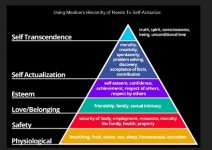Watch now (28 min) | Aldous Huxley - The visions of a visionary and his family.

rwmalonemd.substack.com
Video on website 28:12 min
(Mike Wallace interview of Aldous Huxley)
The future is now
Aldous Huxley - The visions of a visionary and his family.
Robert W Malone MD, MS
8 hr ago
The video above was filmed in 1958, when Aldous Huxley was 64 years old. It is a fascinating interview, led by Mike Wallace of
60 Minutes fame. The dialogue between the two men gives a glimpse into how elements of the future we live in now were planned long in advance. When I first watched this video, I thought to compile the interesting and more salient dialogue into a much shorter video. But in the end, I felt that the whole film was important; that the linearity of Huxley’s thoughts are worth viewing in their entirety.
If you have time, watch the above and/or read the transcript of this video at the bottom of this Substack. The discussion is fascinating. The interactions between the two men is also a point-in-time moment - a glimpse into the past lives of intellectuals from the
atomic age.
About Aldous Huxley and why he matters.
Aldous Huxley was born in 1894 in Surrey, England and died in Los Angeles, California in 1963. His life spanned vast technological and cultural changes, and he wrote extensively on these subjects. Huxley’s writings are known for their dark wit and satire. But more than that, his hellish visions of society have been both visionary and relentlessly blunt in their projections of a totalitarian world gestalt and the structure of the future technological governance which he foresaw. In 1932, he wrote the classic SyFy novel,
Brave New World. The novel that literally changed the world.
Brave New World is a dystopian novel by English author Aldous Huxley, written in 1931 and published in 1932. Largely set in a futuristic World State, inhabited by genetically modified citizens and an intelligence-based social hierarchy, the novel anticipates huge scientific advancements in reproductive technology, sleep-learning, psychological manipulation and classical conditioning that are combined to make a dystopian society which is challenged by only a single individual: the story's protagonist.
When one analyzes Huxley’s writings and then discovers the role of his family on the world stage, it becomes very clear that Huxley’s family played a large role in shaping the philosophical underpinnings of his work. One of the most important people in his intellectual life was his brother, Julian Huxley. Julian was an evolutionary biologist who also worked in the behavioral sciences (developing propaganda programs for large organizations). The term "transhumanism" was coined by Julian Huxley. At one point, he wrote:
"I believe in transhumanism: once there are enough people who can truly say that, the human species will be on the threshold of a new kind of existence, as different from ours as ours is from that of Peking man. It will at last be consciously fulfilling its real destiny." Julian Huxley
But going deeper into the history of Julian Sorrel Huxley (1887-1975), it turns out he was also a devout life-long member of the British Eugenics Society, and served with John Maynard Keynes as secretary and later as its president.
Julian Huxley founded the United Nations body called UNESCO (abbreviated for the United Nations Education, Science and Cultural Organization) in 1946, and he was the first Director General from 1946-1948.
The mandate for the new organization was laid out in Huxley’s 1946 UNESCO charter: UNESCO: Its Purpose and Its Philosophy:

“The moral for UNESCO is clear. The task laid upon it of promoting peace and security can never be wholly realised through the means assigned to it- education, science and culture. It must envisage some form of world political unity, whether through a single world government or otherwise, as the only certain means of avoiding war… in its educational programme it can stress the ultimate need for a world political unity and familiarize all peoples with the implications of the transfer of full sovereignty from separate nations to a world organization.”
Did you catch that? The original charter of UNESCO specifically calls for for a single world government to create peace and security! The charter then goes on to discuss the importance of population control.
The UNESCO, a United Nations NGO, was writing about the new world order in 1946! And these organizational documents were written by none other than Aldous Huxley’s brother!
Aldous Huxley was also the grandson of the prominent biologist Thomas Henry Huxley Thomas Huxley was part of the original eugenics movement in England, and was commonly known as “
Darwin’s bulldog.” Aldous Huxleys’ father was the biographer Leonard Huxley, whose writings include books about Darwin, his father (Thomas Huxley) and the eugenics movement. Aldous Huxley’s other brother was biophysicist Andrew Fielding Huxley, who won the Nobel prize for his work focused on nerve fibers and neurology.
Aldous Huxley was also the mentor of George Orwell, the author of the prophetic novel 1984.
So when Aldous Huxley wrote his dystopian science fiction novels and essays, or was interviewed by Mike Wallace, it wasn’t just based on fantasy, it was not just science fiction or a wild guess. His writings and works reflected a detailed understanding of the views and research being conducted by his family and by the intellectuals of the time. His works are a warning, he knew what was and is coming. These ideas from the scientists and leaders of the past have formed the backbone of many current policies. These policies include a one world government, population control, inverted totalitarianism, propaganda, command economy and collectivism. It is all there. The world is following the exact path that Aldous Huxley warned us about. This path is our dystopian future, unless somehow we all step off.
What is surprising is that so many of us have not seen what has been before our very eyes for a very long time.
Aldous Huxley ended his interview with Mike Wallace with the idea that one of the few ways we can combat this globalist agenda is through de-centralization. With the advent of computers and centralized data sharing, this can only become more and more difficult to accomplish. But this is the task and the burden that we now must shoulder.
Because let’s not kid ourselves, the
new world order is coming, and people are the only thing that are standing in the way of those who want to impose it on all of us.
https://substackcdn.com/image/fetch...e428-c351-4fcf-80e7-09e212021d4a_1522x876.png
TRANSCRIPT:
WALLACE: This is Aldous Huxley, a man haunted by a vision of hell on earth. A searing social critic, Mr. Huxley 27 years ago, wrote
Brave New World, a novel that predicted that some day the entire world would live under a frightful dictatorship. Today Mr. Huxley says that his fictional world of horror is probably just around the corner for all of us. We’ll find out why, in a moment.
He’s just finished a series of essays called “Enemies of Freedom,” in which he outlines and defines some of the threats to our freedom in the United States; and Mr. Huxley, right of the bat, let me ask you this: as you see it, who and what are the enemies of freedom here in the United States?
HUXLEY: Well, I don’t think you can say who in the United States, I don’t think there are any sinister persons deliberately trying to rob people of their freedom, but I do think, first of all, that there are a number of impersonal forces which are pushing in the direction of less and less freedom, and I also think that there are a number of technological devices which anybody who wishes to use can use to accelerate this process of going away from freedom, of imposing control.
WALLACE: Well, what are these forces and these devices, Mr. Huxley?
HUXLEY: I should say that there are two main impersonal forces, the first of them is not exceedingly important in the United States at the present time, though very important in other countries. This is the force which in general terms can be called overpopulation, the mounting pressure of population pressing upon existing resources.
HUXLEY: Uh…this, of course, is an extraordinary thing; something is happening which has never happened in the world’s history before, I mean, let’s just take a simple fact that between the time of birth of Christ and the landing of the Mayflower, the population of the earth doubled. It rose from two hundred and fifty million to probably five hundred million. Today, the population of the earth is rising at such a rate that it will double in half a century.
WALLACE: Well, why should overpopulation work to diminish our freedoms?
HUXLEY: Well, in a number of ways. I mean, the…the experts in the field like Harrison Brown, for example, pointed out that in the underdeveloped countries actually the standard of living is at present falling. The people have less to eat and less goods per capita than they had fifty years ago; and as the position of these countries, the economic position, becomes more and more precarious, obviously the central government has to take over more and more responsibility for keeping the ship-of-state on an even keel, and then of course you are likely to get social unrest under such conditions, with again an intervention of the central government.
So that, I think that one sees here a pattern which seems to be pushing very strongly towards a totalitarian regime. And unfortunately, as in all these underdeveloped countries the only highly organized political party is the Communist Party, it looks rather as though they will be the heirs to this unfortunate process, that they will step into the power…the position of power.
WALLACE: Well then, ironically enough one of the greatest forces against communism in the world, the Catholic Church, according to your thesis would seem to be pushing us directly into the hands of the communists because they are against birth control.
HUXLEY: Well, I think this strange paradox probably is true. There is, it’s an extraordinary situation actually. I mean, one has to look at it, of course, from a biological point of view: the whole essence of biological life on earth is a question of balance and what we’ve done is to practice death control in the most intensive manner without balancing this with birth control at the other end. Consequently, the birth rates remain as high as they were and death rates have fallen substantially.
WALLACE: All right then, so much, for the time being anyway, for overpopulation. Another force that is diminishing our freedoms?
HUXLEY: Well, another force which I think is very strongly operative in this country is the force of what may be called of over-organization.
As technology becomes more and more complicated, it becomes necessary to have more and more elaborate organizations, more hierarchical organizations, and incidentally the advance of technology is being accompanied by an advance in the science of organization.
It’s now possible to make organizations on a larger scale than it was ever possible before, and so that you have more and more people living their lives out as subordinates in these hierarchical systems controlled by bureaucracy, either the bureaucracies of big businesses or the bureaucracies of big government.
WALLACE: Now the devices that you were talking about, are there specific devices or methods of communication which diminish our freedoms in addition to overpopulation and over-organization?
HUXLEY: Well, there are certainly devices which can be used in this way. I mean, let us take after all, a piece of very recent and very painful history is the propaganda used by Hitler, which was incredibly effective.
I mean, what were Hitler’s methods? Hitler used terror on the one kind, brute force on the one hand, but he also used a very efficient form of propaganda, which er…he was using every modern device at that time. He didn’t have TV, but he had the radio which he used to the fullest extent, and was able to impose his will on an immense mass of people. I mean, the Germans were a highly educated people.
WALLACE: Well, we’re aware of all this, but how do we equate Hitler’s use of propaganda with the way that propaganda, if you will, is used let us say here in the United States. Are you suggesting that there is a parallel?
HUXLEY: Needless to say it is not being used this way now, but, er…the point is, it seems to me, that there are methods at present available, methods superior in some respects to Hitler’s method, which could be used in a bad situation. I mean, what I feel very strongly is that we mustn’t be caught by surprise by our own advancing technology.
This has happened again and again in history with technology’s advance and this changes social condition, and suddenly people have found themselves in a situation which they didn’t foresee and doing all sorts of things they really didn’t want to do.
WALLACE: And well, what…what do you mean? Do you mean that we develop our television but we don’t know how to use it correctly, is that the point that you’re making?
HUXLEY: Well, at the present the television, I think, is being used quite harmlessly; it’s being used, I think, I would feel, it’s being used too much to distract everybody all the time. But, I mean, imagine which must be the situation in all communist countries where the television, where it exists, is always saying the same things the whole time; it’s always driving along.
It’s not creating a wide front of distraction it’s creating a one-pointed, er…drumming in of a single idea, all the time. It’s obviously an immensely powerful instrument.
WALLACE: So you’re talking about the potential misuse of the instrument.
HUXLEY: Exactly. We have, of course all technology is in itself moral and neutral. These are just powers which can either be used well or ill; it is the same thing with atomic energy, we can either use it to blow ourselves up or we can use it as a substitute for the coal and the oil which are running out.
WALLACE: You’ve even written about the use of drugs in this light.
HUXLEY: Well now, this is a very interesting subject. I mean, in this book that you mentioned, this book of mine, “
Brave New World,” er…I postulated it a substance called ‘soma,’ which was a very versatile drug. It would make people feel happy in small doses, it would make them see visions in medium doses, and it would send them to sleep in large doses.
Well, I don’t think such a drug exists now, nor do I think it will ever exist. But we do have drugs which will do some of these things, and I think it’s quite on the cards that we may have drugs which will profoundly change our mental states without doing us any harm.
I mean, this is the pharmacological revolution which is taking place, that we have now powerful mind-changing drugs which physiologically speaking are almost costless. I mean they are not like opium or like cocaine, which do change the state of mind but leave terrible results physiologically and morally.
WALLACE: Mr. Huxley, in your new essays you state that these various “Enemies of Freedom” are pushing us to a real-life “Brave New World,” and you say that it’s awaiting us just around the corner. First of all, can you detail for us, what life in this Brave New World would you fear so much, or what life might be like?
Part 1 of 2
